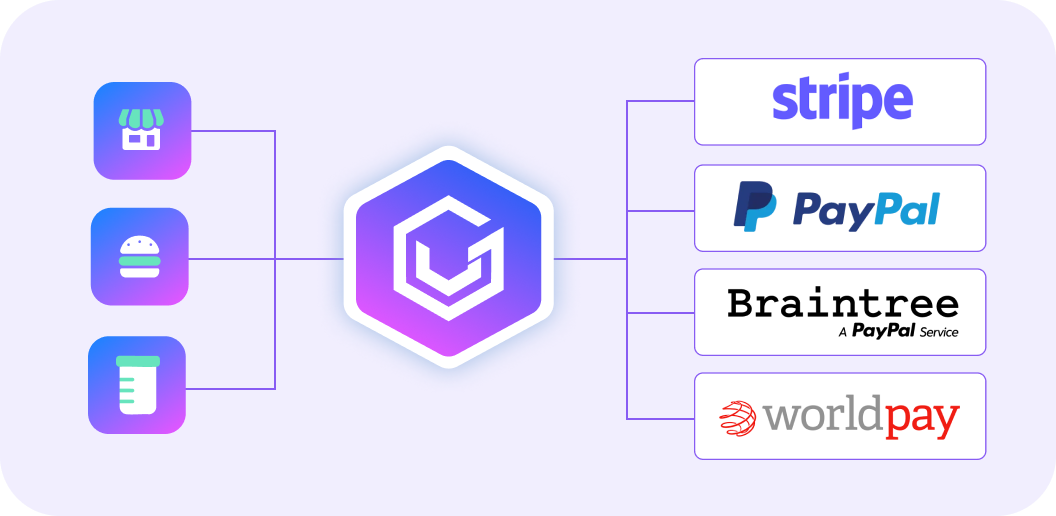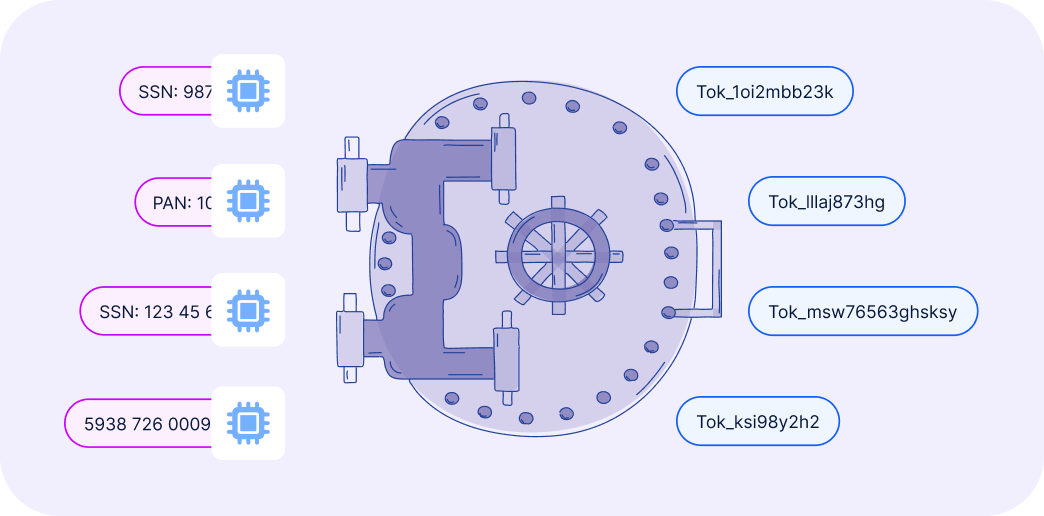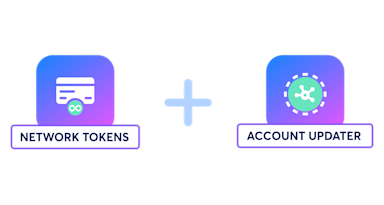“Is your gig platform ready to handle the next wave of regulatory requirements?”
How secure is your payment infrastructure as you scale globally?”
“Do you have a backup plan if your PSP fails?”
The gig economy is currently valued at $556 billion and is expected to rapidly grow at a compounded annual rate of 15%. By 2027, over 50% of the US workforce will likely participate in the gig economy. Globally, a whopping 88% of the gig economy gross volume comes from ride-sharing platforms like Uber and asset-sharing platforms like Airbnb.
As the gig economy keeps growing, gig platforms face increased payment infrastructure challenges. Security, scalability, and compliance are more important than ever to ensure gig workers and customers have reliable, flexible, and secure payment experiences.
Large global enterprises—especially those in categories similar to Uber and Airbnb—must pay gig workers across many regions and chosen payment methods while securing their sensitive payment data and protecting against data breaches. Given that almost 75% of gig workers would consider leaving their current freelancer marketplaces for better payment experiences and that 1 billion data records were stolen in 2024, a focus on maximizing payment options while ensuring security is critical.
From our work with gig platforms, we have solved a few of their shared challenges:
- Higher vulnerability to data breaches and fraud risk
- Scalable infrastructure that can match the growth rate
- Managing the complexity of dual-pronged loyalty programs
- Need for real-time analytics and adaptability
Higher vulnerability to data breaches and fraud risk
Gig marketplaces handle high volumes of Card-Not-Present (CNP) online transactions, whether delivering a ride from a Lyft app or a restaurant order from Grubhub. CNP fraud losses in the US have doubled in the last five years to $10 billion in 2024, accounting for 74% of all card payment fraud losses.
The enormous databases of gig platforms containing double the sensitive payment information - of not just the payor (the purchaser) but the payee (the gig worker)- increase their data security and fraud risk. Securing their data with an independent token vault can dramatically lower this risk.
Scalable infrastructure that can match the growth rate
Gig marketplaces, whether on their own or through acquisitions (consider Uber's 17 acquisitions worldwide across categories), need to support an array of preferred payment options and data security requirements. With each acquisition come complex payment ecosystems and incremental partners.
As we saw above, gig platforms are in a high-growth phase and need scalable infrastructure like flexible onboarding solutions and consolidated API integrations, such as from our Card Management Platform, to fit their rapid expansion needs.
Managing the complexity of dual-pronged loyalty programs
Sophisticated marketplace loyalty programs, such as those from Amazon and Uber, incentivize both buyers and sellers. Examples are Uber Rewards for buyers and Uber Pro for drivers, and Amazon Prime for buyers with Amazon Seller Rewards for sellers. Although attractive to the intended audience and an engagement tool for the merchant, more expansive programs also expand the need to operate on sensitive data.
If merchants hold this data on their systems, they will most likely be in scope for PCI compliance. Given the size of their databases and the intensive efforts to achieve and maintain annual compliance, merchants may find themselves dedicating a fair amount of effort, resources, and funds just to secure the data for their loyalty programs - instead of reaping their business benefits. Our PCI Compliance solution enables organizations to achieve new requirements like PCI DSS v4.0, or get PCI-compliant with a new business, while securely operating on sensitive data without ever touching it.
Real-time analytics and adaptability
In its most simple definition, gig marketplaces provide a unified platform to match supply with demand. This can be for car rides, grocery orders, a dog watcher from Rover, or a handyman from TaskRabbit. However, supply and demand don't always match, making dynamic pricing models especially popular at gig platforms.
Organizations that use real-time data to understand delivery routes or purchase patterns can reduce costs by as much as 15%. Not adapting their experience with real-time analytics can risk losing as many as 88% of users who are less likely to return after a poor experience. Our Account Updater service provides real-time payment information to ensure gig platforms have the most up-to-date card credentials on file for every transaction, ensuring its success and enhancing the user experience.
Case Studies
Summary
Gig Platforms need to work within a complex, multi-sided payment ecosystem of distributed gig workers, large and small merchants, and diverse end users. Operating across multiple regions, payment types, vendors, and data security requirements expands these needs, making a secure and flexible payment infrastructure vital.
The best way to achieve payment success is simplification. VGS's core vaulting platform streamlines payment processes, costs and compliance while adding redundancy and reducing security risks. Further, the platform is the stepping stone for authorization rate optimization through additional universal network services from VGS such as Network Tokens, Account Updater, and Card Attributes.
We understand the unique needs of gig platforms. Explore how VGS's vault, PCI compliance, and network services can help future-proof your payments stack.
Contact us to learn more about how VGS supports scalable growth for gig platforms.






